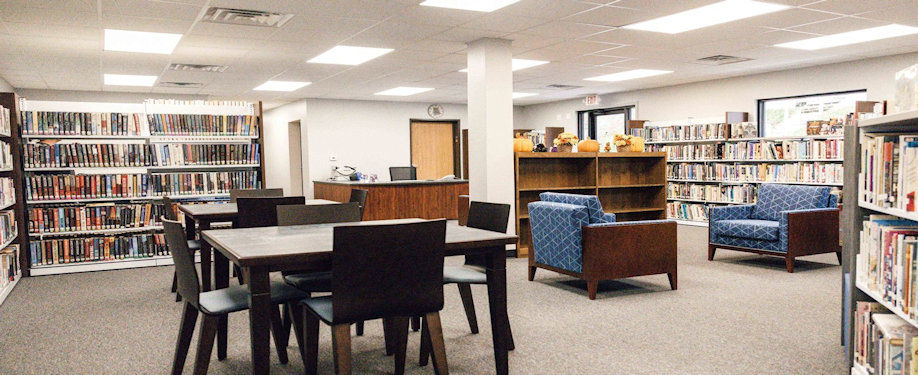Modular Building for Libraries

A modular building for libraries is an excellent choice for many reasons. In recent years, the architectural landscape of libraries has witnessed a transformative shift, with modular construction emerging as a cost-effective and efficient solution for library expansion and development. Modular Genius has been at the forefront of this shift. Here’s some information on the economic benefits of modular library construction.
Cost-Efficiency in Construction
One of the most significant economic advantages of modular library construction lies in its cost-efficiency. Typical construction methods often involve a prolonged building process with on-site labor, leading to increased costs associated with extended project timelines and labor expenses.
Modular construction, on the other hand, leverages off-site fabrication, allowing activities like site preparation and module assembly to occur simultaneously. This workflow speeds the construction timeline and reduces labor costs, making modular libraries a financially intelligent choice for institutions with budgetary constraints.
Reduced Material Waste
Traditional construction projects frequently generate significant material waste, contributing to environmental concerns and additional disposal costs. Modular construction, by its nature, promotes efficient material use and waste reduction. The manufacturing process occurs in a controlled environment, allowing for precise measurements and minimizing material excess. This waste reduction benefits the environment and translates into direct cost savings for the library project.
Shortened Construction Timelines
Time is money in the construction industry, and modular libraries excel in speeding project completion with off-site construction of modules occurring simultaneously with on-site preparations, significantly reducing the overall timeline.
This rapid deployment is especially beneficial for libraries that need to expand quickly to meet the demands of a growing community or changing educational landscape. The shortened construction period minimizes associated costs, such as project management fees and temporary facilities, resulting in substantial economic benefits.
Minimal Disruption to Library Services
Regular construction can disrupt daily operations, leading to temporary closures or relocation of services, which may lead to additional expenses. Modular library construction minimizes on-site disruptions, as most construction activities occur off-site. This allows libraries to maintain continuous service provision, avoiding potential financial setbacks associated with service interruptions or temporary closures.
Flexibility for Future Expansion
Libraries are evolving to meet the changing needs of their communities, requiring spaces that can adapt over time. Modular libraries offer a high degree of flexibility, allowing for easy future expansions or reconfigurations. This adaptability reduces the long-term costs associated with potential renovations or reconstructions required to accommodate growth or changes in library services.
Energy Efficiency and Operational Savings
Modular libraries from Modular Genius incorporate energy-efficient features during manufacturing, leading to long-term operational savings. From sustainable materials to integrating energy-efficient systems, we design library structures to minimize ongoing utility costs. This focus on energy efficiency aligns with the broader trend of sustainable building practices and contributes to cost savings over the structure’s lifespan.
As libraries continue to evolve to meet the needs of their communities, the financial advantages of modular construction make it an attractive option for institutions seeking to create modern, adaptable, and economically sustainable library spaces. By embracing modular construction, libraries can achieve the perfect balance between financial responsibility and providing innovative, community-centric services.
The experts with Modular Genius look forward to telling you more about the many benefits of a modular building for libraries. You can call 888-420-1113 or use our online form to get in touch.